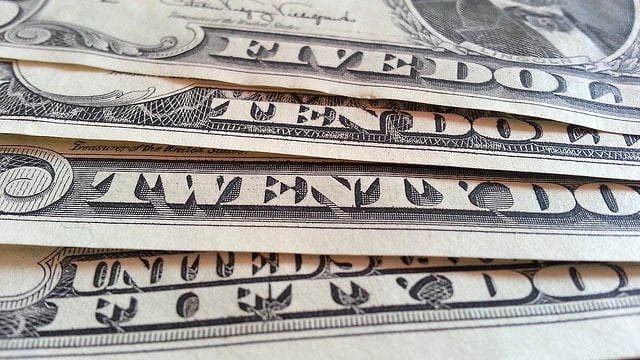
Two previous posts traced the short life of the soda tax in Cook County, Illinois, which is mostly the city of Chicago. Last year, the Board of Commissioners voted in the soda tax, and it was in effect for mere weeks before ending as of December 1. Polls showed that 85 percent of the county’s people were against it, perhaps stirred up by the more than $3 million worth of media messaging paid for by the American Beverage Association (ABA).
In the words of The Washington Post journalist Caitlin Dewey:
While the battle was ostensibly fought by state and county groups, it’s well-acknowledged on both sides that local soda tax skirmishes are essentially proxy wars between the national soda industry and well-monied public health groups.
The ABA also hired people, at a reasonable $11 per hour, to circulate petitions. In some areas, the Can the Tax gang knocked on doors urging area residents to pester their commissioners to repeal the soda tax. Public opinion became so inflamed that amid what was described as unprecedented pushback, the Board of Commissioners reversed their original vote and made the tax go away.
Undeserved financial pain
The conflict left scars, and several soda tax-related lawsuits are still making their way through the courts. The giant Costco chain claimed that its soda sales dropped by 34 percent when the tax was in effect. As might be expected, stores just outside the county line reported a 38 percent increase in soda sales.
This is a clue that location is an important determinant for success. If, for instance, Hawaii were to enact a statewide soda tax, there would be no driving to the next state to stock up.
Compliance with the law extracted a high price from some entrepreneurs, as business owner Daniel Stein told Chicago Tribune reporters Greg Trotter and Becky Yerak. When they talked, the damage to Stein’s business was already up to $75,000 and was poised to mount higher, once lost sales were figured in.
The worst expense was paying for the recalibration of some 850 vending machines — an outlay that was replicated, when the tax was repealed, by the need to send the technicians back into the field to reset the machines again.
The bureaucracy had counted on raking in an extra $200 million this year, which won’t happen now. Board of Commissioners president Toni Preckwinkle warned that local government agencies, like the county clerk, state’s attorney and treasury, would face budget cuts. This means layoffs and hiring freezes in those departments, and of course, fewer public servants available to meet the needs of the public.
At the municipal, county, and national levels, the United States is no longer in the era of “Tax me, so America can have nice things.” This is the dawning of the age of “Tax me, so the little I have will not be taken away.”
Where does the money go?
Strangely, no one seems to suggest saving money by controlling the brutal instincts of the sheriff’s department, jail system employees, and others who cost the county a lot in settlements paid out to citizens who have suffered civil rights transgressions including deadly violence. A single injured prisoner was awarded $4.5 million, and another person won $5.6 million in a wrongful prosecution case.
In the past two and a half years, the sheriff’s department alone paid $25 million in legal settlements. The county was ordered to pay a staggering $32,500,000 to the members of a class action suit over things done in the jails.
A lot of taxpayer dollars could have been put to better use such as, to name just a few possibilities, obesity prevention and treatment and diabetes prevention.
Your responses and feedback are welcome!
Source: “Why Chicago’s soda tax fizzled after two months — and what it means for the anti-soda movement,” WashingtonPost.com, 10/10/17
Source: “Cook County retailers cheer soda tax repeal: ‘This was a nightmare’,” ChicagoTribune.com, 10/11/17
Source: “Cook County Commissioners Sour on Sugary Drinks Tax,” WTTW.com, 10/10/17
Photo by TheToch on Visualhunt/CC BY-SA

 FAQs and Media Requests:
FAQs and Media Requests: 











